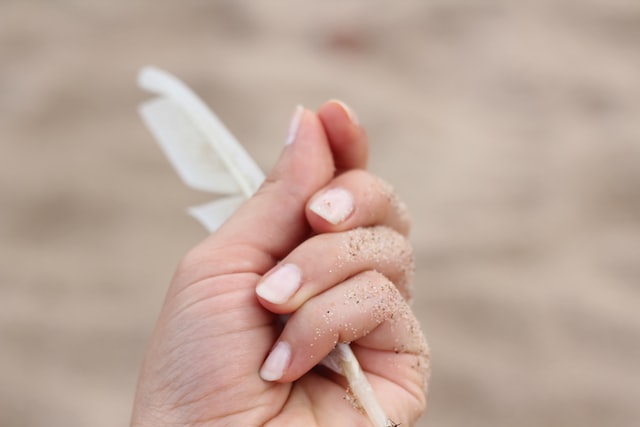Nearly all of us have occasionally picked our skin near a hangnail (the part of the skin which is at the root of the nail) or poked at a mole or spot on our face a little too aggressively. And almost instantly, we regret what we have done.
However, for some people, picking up skin becomes more than an occasional occurrence, and it can get challenging to stop, even when it becomes harmful or embarrassing. Science has a name for this condition — skin picking disorder, a form of body-focused repetitive behavior.
Let us understand what the skin picking disorder means, its symptoms, causes, and available treatment options.

What does having the skin picking disorder mean?
The skin-picking disorder is a habitual and repetitive picking of skin anywhere on the body. It is formally known as excoriation disorder. Excoriation is not just a bad habit. This behavior becomes a compulsion, an uncontrollable and repetitive urge, and is related to obsessive-compulsive disorder (OCD) as per the Diagnostics and Statistics Manual-V (DSM-V).
There is a vast difference in excoriation and the occasional picking at skin irregularities or imperfections, which is a common practice many people engage in from time to time. In the case of skin-picking disorder, this behavior is chronic and leads to significant distress, dysfunction, and even severe tissue damage in many instances.
Read more: What Are The 7 Different Types Of OCD?
Symptoms of the Disorder
Skin picking is related to trichotillomania or hair pulling, another common body-focused repetitive behavior. Both conditions are related to OCD and anxiety. These conditions are sparked by anxious and negative thoughts and are triggered by highly stressful situations.
Skin picking is considered a disorder when:
- continuous skin picking leads to permanent damage like scarring,
- the concerned individual has tried and failed to stop such behavior,
- the skin picking disrupts regular functioning and causes extreme distress in the individual, and
- the symptoms are not caused by any kind of medications or other medical conditions.
What causes this disorder?
An exact cause for the skin-picking disorder has not yet been identified. However, a number of factors are found to play a role in the occurrence of the condition. These factors include:
- genetic,
- environmental, and
- biological influences.
As per a study by Dovepress, 2-4% of the population is affected by skin-picking disorder.
An individual usually starts showing signs around adolescence when skin conditions like acne start showing up.
Research published on Science Direct shows that emotional regulation issues, developmental disabilities, and childhood abuse or trauma might play a decisive role in the onset of the condition during childhood.
Treatment
Successful recovery from skin picking disorder generally depends on the individual’s readiness and desire to get better. Treatment options consist of varying approaches, including:
1. Psychotherapy
Talk therapy can help individuals deal with skin-picking disorder effectively. Moreover, patients with the condition can also respond well to cognitive-behavioral therapy.
Read more: Best Online Therapy Platforms
2. Medications
Medications like selective serotonin reuptake inhibitors (SSRIs) are generally used along with psychotherapy to help deal with co-occurring disorders like anxiety or depression.
Disclaimer: The above-suggested medications should only be used after proper diagnosis and discussion with professionals. Unregulated use can be life-threatening.
Conclusion:
Treatment and recovery from the skin-picking disorder might be tricky but not impossible. With proper support and care, individuals affected by the condition can make a successful recovery and live healthier lives. An increase in awareness is required around such mental health issues in order to create a compassionate society where safe space and support are available for those going through tough times.
On the path to spreading awareness, let’s help you learn about the most unusual mental health disorders. To know more about them, click here.
To continue learning about mental health daily, subscribe to Your Mental Health Pal.

